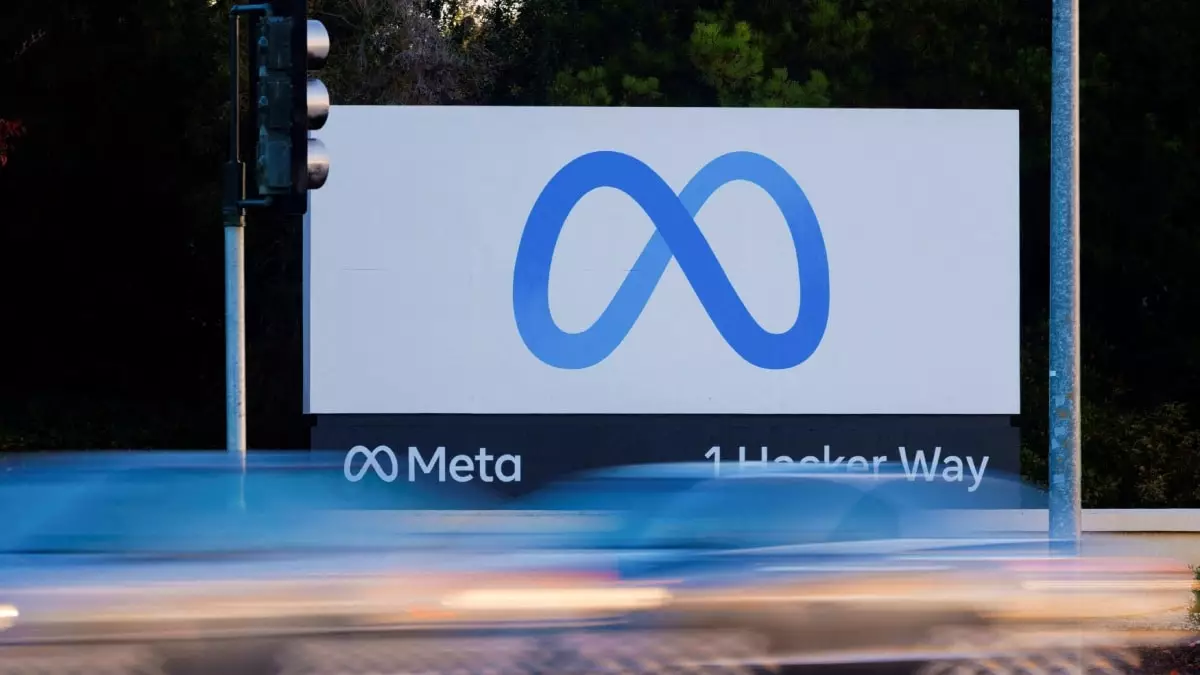The recent revelation by Meta about the presence of “likely AI-generated” content being used deceptively on its Facebook and Instagram platforms is a cause for concern. This content includes comments supporting Israel’s handling of the war in Gaza, strategically placed below posts from renowned news organizations and US lawmakers. The sinister nature of this campaign lies in the fact that the accounts posing as Jewish students, African Americans, and concerned citizens were actually part of an orchestrated effort by a Tel Aviv-based political marketing firm called STOIC. The insidious use of generative AI technology to create such content is a new development, with potential far-reaching consequences in the realm of disinformation campaigns and influencing public opinion.
The emergence of generative AI technology, capable of producing human-like text, imagery, and audio at a rapid pace and low cost, poses a significant threat in the digital landscape. There are valid concerns among researchers about the utilization of AI in misinformation campaigns and its potential impact on elections. While Meta claims to have removed the Israeli campaign early on, the larger issue remains unresolved. The executives at Meta maintain that their ability to disrupt influence networks has not been hampered by the integration of AI technologies. However, the use of generative AI tooling by malicious actors presents a formidable challenge in detecting and combating deceptive content effectively.
Meta is not alone in grappling with the misuse of AI technologies for nefarious purposes. Other tech giants, including OpenAI and Microsoft, have also faced instances of image generators producing fake photos with voting-related disinformation. Despite having policies against such content, the companies have struggled to address the issue adequately. Digital labeling systems have been proposed as a solution to mark AI-generated content at the time of creation. However, these tools are limited in their effectiveness, particularly when it comes to text-based content. Concerns raised by researchers about the reliability of these labeling systems cast doubt on their ability to mitigate the spread of deceptive content online.
As Meta prepares for elections in the European Union and the United States, the efficacy of its defenses against AI-generated deceptive content will be put to the test. The evolving landscape of digital manipulation and misinformation presents a formidable challenge for social media platforms and tech companies. The onus is on these entities to implement robust measures to detect and combat the spread of deceptive content effectively. The need for greater transparency, accountability, and collaboration in addressing the threat of AI-generated content is paramount in safeguarding the integrity of online spaces and democratic processes.
The revelation of AI-generated deceptive content on social media platforms underscores the urgent need for proactive measures to combat digital manipulation and disinformation. The widespread implications of such content on public discourse, elections, and societal trust cannot be understated. It is imperative for tech companies and policymakers to work together in developing comprehensive strategies to identify and mitigate the impact of AI-driven misinformation campaigns. Failure to address this growing threat effectively could have far-reaching consequences for the future of online communication and democratic governance.


Leave a Reply